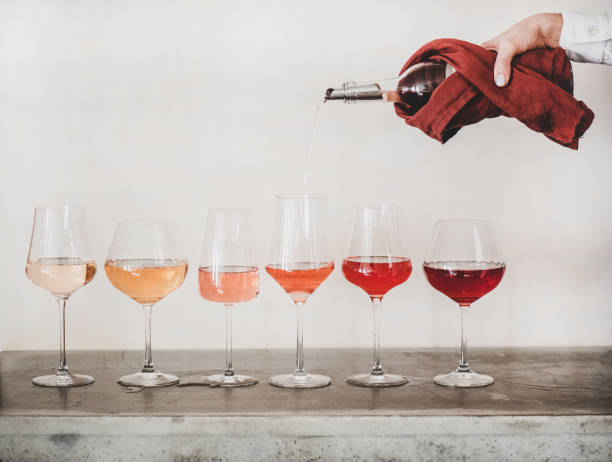Introduction:
In recent years, the demand for vegan-friendly products has surged, and the wine industry is no exception. As more individuals embrace a plant-based lifestyle, they are not only conscious of what they eat but also what they drink. Enter vegan-friendly wines, a growing category that caters to those who adhere to a vegan lifestyle. But what sets these wines apart from their conventional counterparts, and how do winemakers ensure their products are aligned with the principles of veganism?
Understanding Veganism in Winemaking:
To comprehend what makes a wine vegan, it’s crucial to explore the traditional winemaking process. Some wines undergo a fining process, where substances known as fining agents are added to remove impurities and sediment, enhancing the wine’s clarity and stability. Historically, these fining agents often included animal-derived products such as egg whites, gelatin, fish bladder, and isinglass (derived from fish swim bladders).
Vegan wines, on the other hand, employ alternative fining agents that are plant-based or synthetic. Common vegan fining agents include bentonite (a type of clay), activated charcoal, pea protein, and silica gel. The absence of animal-derived products in the fining process makes these wines suitable for vegans.
Labeling and Certification:
Winemakers committed to producing vegan-friendly wines often label their bottles accordingly, providing transparency to consumers. Certification by vegan organizations, such as The Vegan Society or Vegan Action, further assures consumers that the entire winemaking process, from vineyard to bottle, adheres to vegan principles. As awareness of veganism grows, wineries are increasingly recognizing the importance of clearly communicating their practices.
Environmental and Ethical Considerations:
Beyond meeting the requirements of a vegan lifestyle, vegan-friendly wineries often align with broader environmental and ethical considerations. These winemakers commonly embrace sustainable farming practices, organic viticulture, and biodynamic methods. By eschewing harmful pesticides and chemicals, they aim to create wines that are not only vegan but also environmentally friendly and ethically produced.
Flavor and Complexity:
While the focus on vegan-friendly wines is primarily on their production methods, the quality and taste of these wines are not compromised. In fact, many argue that the absence of animal-based fining agents allows the true flavors of the grapes to shine through. Vegan wines are celebrated for their purity, showcasing the unique characteristics of the terroir and the winemaker’s skill.
Challenges and Future Trends:
Despite the growing popularity of vegan wines, challenges persist within the industry. Some winemakers may face difficulties in finding suitable alternative fining agents that provide the desired results. However, ongoing research and innovation in winemaking are likely to address these challenges, expanding the range and availability of vegan-friendly options.
As the demand for plant-based products continues to rise, the wine industry’s response has been commendable. Vegan-friendly wines not only accommodate a growing consumer base but also contribute to a more sustainable and ethical approach to winemaking. The future holds promise for a diverse and thriving selection of vegan wines that cater to both the ethical and sensory preferences of a discerning audience.




